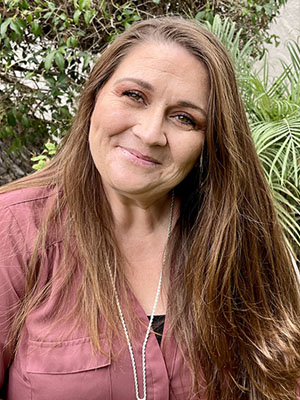Watching a family member experience depression is hard enough, but worrying that you’ll also develop the condition can cause more anguish. Clinical depression can be debilitating, disrupting your responsibilities and relationships. It’s one of the world’s most common disabilities, and if it runs in your family, you might be more likely to have it. However, you can also struggle with your mental health even if no one else in your family does, because other variables also play a role.
Depression and Genetics
Based on our current understanding of depression, there probably isn’t a single gene that causes this illness. Instead, researchers believe various genes are involved by expressing themselves in different ways. That’s why predicting your risk of depression is so complicated.
Your environment can also influence whether you develop depression. For example, if you grew up seeing your parents cope with adversity by retreating from the world, you might think it’s a healthy adult response to spend all day in bed – therefore failing to recognize depression symptoms in yourself.
Other Factors That Contribute to Your Mental Health
Sometimes, depression has an obvious trigger, like grief or a job loss. In other cases, you might struggle with overwhelming sadness and hopelessness because you lack a robust social support system, or you have received a diagnosis of another illness like cancer.
Additionally, there is a close connection between clinical depression and substance misuse. Relying on drugs or alcohol to find short-term relief will eventually exacerbate your mental health and lead to other problems in your life. A substance use disorder can intensify the feelings of loneliness and worthlessness often associated with depression.
Is There a Cure for Depression?
Like other chronic illnesses, there’s no known cure for depression, but that doesn’t mean you should lose hope. Depression symptoms can wax and wane over time and affect everyone in different ways. The key is to stay in touch with your emotional well-being and monitor how you are feeling each day.
Effective depression remedies can include a combination of talk therapy, antidepressant medications and lifestyle adjustments such as these.
- Being more physically active
- Finding a hobby that helps you make new friends and improves your social well-being
- Eating a healthy diet full of fresh produce and mood-boosting foods
- Going outside to reap the benefits of being in nature
- Volunteering
If you experience a recurrence of your symptoms and you no longer believe your treatment regimen is effective for you, ask your doctor or therapist to work with you to make changes until you regain a positive outlook on life.
Certified Addiction Treatment in California
Getting sober is one way to manage your depression, but if you need help doing so, Hemet Valley Recovery & Sage Retreat is here for you.
At HVRC, we provide a full continuum of care – from medically managed detoxification to sober living – all in one facility. We offer clinically sophisticated treatment designed for people with different needs and at various stages of their lives, including young adults, older adults and military family members. Please reach out to our admissions team to learn more about how we can help you or someone you love.





























